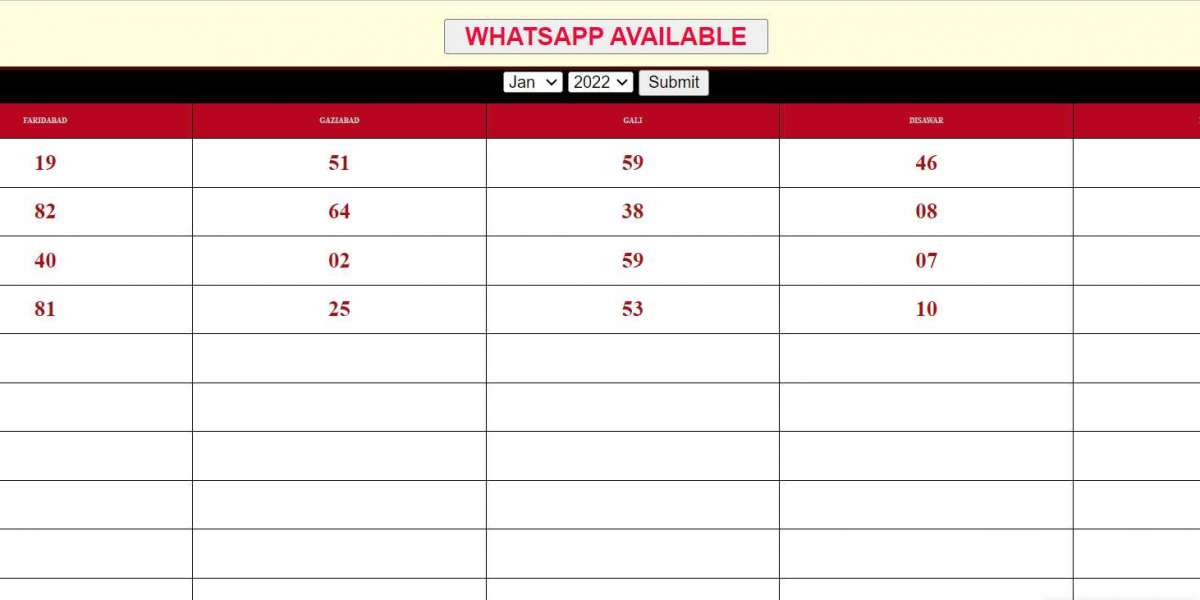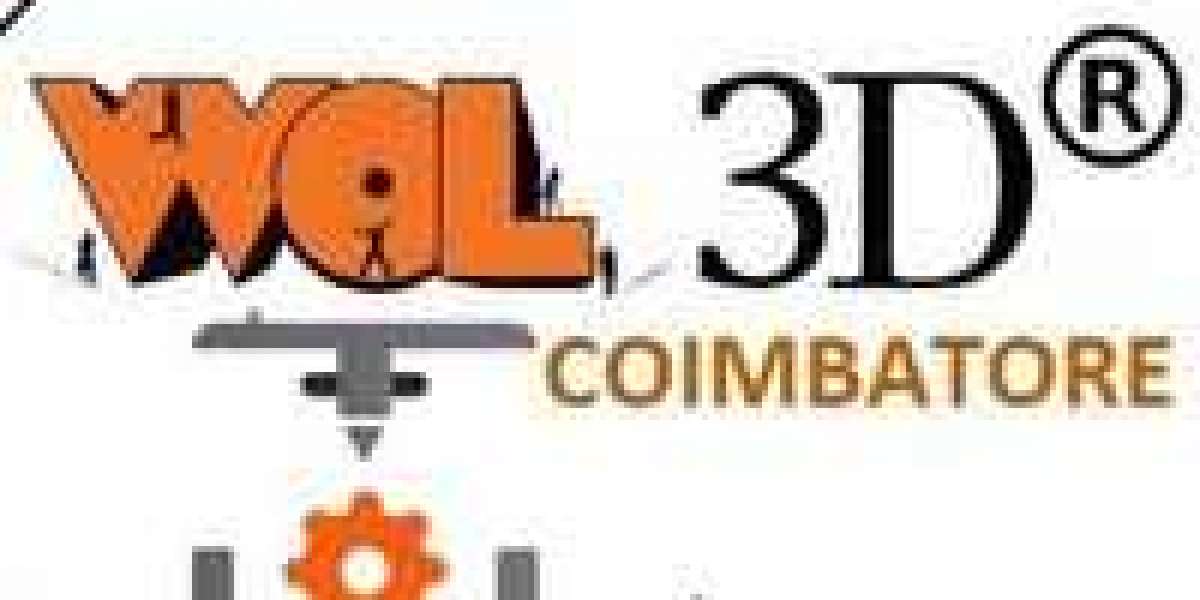The Cardiovascular Devices Market Size was valued at USD 50.1 Billion in 2022 and is projected to grow from USD 53.4 Billion in 2023 to USD 89.1 Billion by 2032, exhibiting a compound annual growth rate (CAGR) of 6.60% during the forecast period (2023 - 2032).
The cardiovascular devices market is witnessing significant growth driven by technological advancements, increasing prevalence of cardiovascular diseases, and rising awareness about early diagnosis and treatment. From pacemakers to stents and advanced monitoring devices, innovations are revolutionizing the landscape of cardiovascular care. This article explores the key trends, challenges, and opportunities shaping the cardiovascular devices market.
Technological Advancements:
Technological advancements have been pivotal in transforming cardiovascular care. Miniaturization of devices, integration of wireless connectivity, and advancements in materials have enhanced the performance and durability of cardiovascular devices. For instance, the development of bioresorbable stents offers a promising alternative to traditional metal stents, reducing the risk of long-term complications and improving patient outcomes. Similarly, wearable devices equipped with sensors enable continuous monitoring of vital signs, allowing for early detection of cardiac abnormalities and timely intervention.
Cardiac medical instruments are vital tools used in the diagnosis, treatment, and monitoring of various heart conditions. From electrocardiographs to cardiac catheters, these instruments play a crucial role in assessing cardiac function, detecting abnormalities, and guiding interventions. With advancements in technology, cardiac medical instruments continue to evolve, offering improved accuracy, efficiency, and patient outcomes. Healthcare professionals rely on these sophisticated devices to provide precise diagnoses and deliver optimal care to individuals with cardiovascular diseases.
Market Segmentation:
The segmentation of the cardiovascular devices market involves categorizing devices into various types and applications. In terms of device type, they are classified into diagnostic monitoring devices and therapeutic surgical devices. Application outlook includes cardiac arrhythmia, coronary artery disease, heart failure, and other related conditions. Moreover, the end-user outlook encompasses hospitals, specialty clinics, and other healthcare facilities. This categorization facilitates a comprehensive understanding of the diverse cardiovascular device landscape, catering to the needs of different medical settings and conditions.
Regional Insights:
The regional outlook for cardiovascular devices spans across several key regions. In North America, it encompasses both the United States and Canada. Europe's landscape includes major players like Germany, France, the UK, Italy, Spain, along with other nations within the region. In the Asia-Pacific, pivotal markets such as China, Japan, India, Australia, and South Korea drive significant activity, alongside other emerging economies in the region. The rest of the world segment includes regions like the Middle East, Africa, and Latin America, which contribute to the global cardiovascular devices market dynamics.
Key Players:
The Cardiovascular Devices market players driving innovation and advancement. Among these are industry giants such as B Braun Melsungen AG, Abbott, Johnson Johnson Services, Inc., Medtronic, Boston Scientific Corporation, LivaNova Plc, Edwards Lifesciences Corporation, GE Healthcare, Siemens Healthcare GmbH, and Terumo Cardiovascular Systems Corporation. These companies play pivotal roles in shaping the landscape of cardiovascular healthcare, continually introducing cutting-edge technologies and solutions to address diverse medical needs and improve patient outcomes.
Personalized Medicine and Precision Healthcare:
Advancements in genomics, proteomics, and imaging techniques have paved the way for personalized medicine in cardiovascular care. By analyzing individual genetic makeup, biomarkers, and imaging data, healthcare providers can tailor treatment strategies to suit the unique characteristics of each patient. This approach not only improves treatment efficacy but also reduces the risk of adverse events and unnecessary interventions. Cardiovascular devices integrated with artificial intelligence algorithms further enhance the ability to predict disease progression, optimize treatment outcomes, and improve patient management.
Regulatory Challenges and Market Access:
Despite the rapid pace of innovation, the cardiovascular devices market faces regulatory challenges and market access barriers. Stringent regulatory requirements, lengthy approval processes, and reimbursement uncertainties pose significant hurdles for device manufacturers. Moreover, the varying regulatory landscapes across different regions add complexity to market entry strategies. Collaborations between industry stakeholders, regulatory bodies, and healthcare providers are essential to streamline regulatory pathways, ensure patient safety, and facilitate timely access to innovative cardiovascular technologies.
Emerging Markets and Untapped Opportunities:
Emerging markets present untapped opportunities for growth in the cardiovascular devices market. Rapid urbanization, improving healthcare infrastructure, and rising disposable incomes drive the demand for advanced medical technologies in countries such as China, India, and Brazil. However, navigating the regulatory landscape, addressing cultural differences, and adapting to local healthcare needs require a strategic approach. Collaborating with local partners, conducting market research, and customizing product offerings are key strategies for success in emerging markets.
About Related Reports:
Articaine Hydrochloride Market
Insulin Delivery Devices Market








